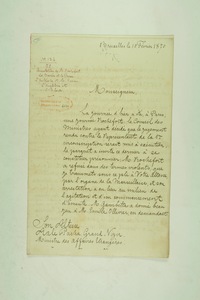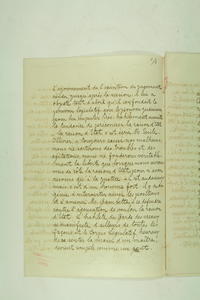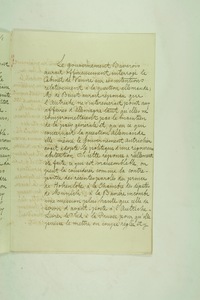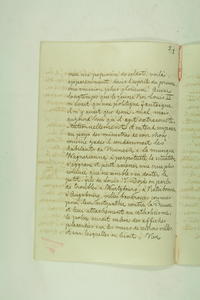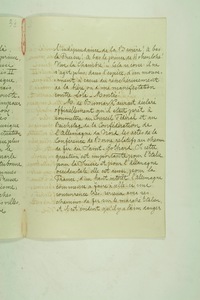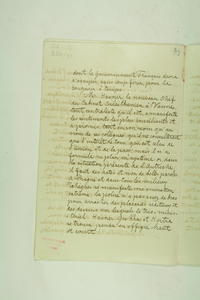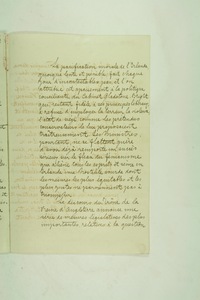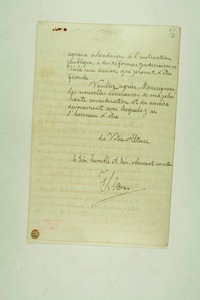Ottoman Diplomats
Letters from the Imperial Legation in Brussels (1849–1914)
Synopsis
Arrestation de M. Rochefort. La Bavière et la Prusse. L'Autriche et M. Hasner. L'Angleterre et l'Irlande
As a result of the Prince Pierre Napoléon Bonaparte Affair, the French Council of Ministers decided that M. Rochefort should turn himself in, which he violently refused. This led to a debate about the reason of State. The Bavarian government unofficially interrogated the Viennese government on its intentions considering the ‘German Question’. Beust reacted to this by stating that Austria was not interested in German affairs, as long as they did not compromise peace. Glavany considers this reaction to be very plausible and calls it the counterpart of the discourse the Prince of Hohenlohe (Bavaria) addressed to the Chamber of Deputies of Munich. Now that King Ludwig II of Bavaria acted unconstitutionally, imposing ministers of his choice, a serious crisis could develop. Bismarck officially declared that he would submit the acts of the Treaty of Bern (about the General Postal Union) to the Federal Council and the Reichstag of the northern states. This could affect Italy, Switzerland, and West-Germany, as well as France, for Germany created a lot of competition in the railroad market. Hasner, who was the new leader of the Cisleithanian government, proved himself to be very conciliatory, and promised in the name of his government, that he would consult the public interest, i.e. the interest of the union and peace. Glavany was critical, however, as there were no specific acts or plans yet. This also had consequences in Prague and other Czech environments. Glavany also reports about what he calls the progress of the moral pacification of Ireland, which could be attributed to the conciliatory politics of the Gladstone-Bright government. He notes that the government stayed true to its liberal principles, despite the treacherous suggestions of the conservatives to use violence. However, the problems in Ireland were not solved yet. In her address from the throne, Queen Victoria announced a series of important legislative measures, concerning the Irish agricultural situation, public education and judicial reforms.
Facsimiles
How to cite
If you use this website for your own research, we kindly ask you to mention the following reference in your publications:
Consulted online at Ottoman Diplomats: Letters From the Imperial Legation in Brussels (1849–1914) (2014 Edition), Centre for Political History (PoHis), University of Antwerp, <http://dighum.uantwerpen.be/ottomandiplomats/>.
